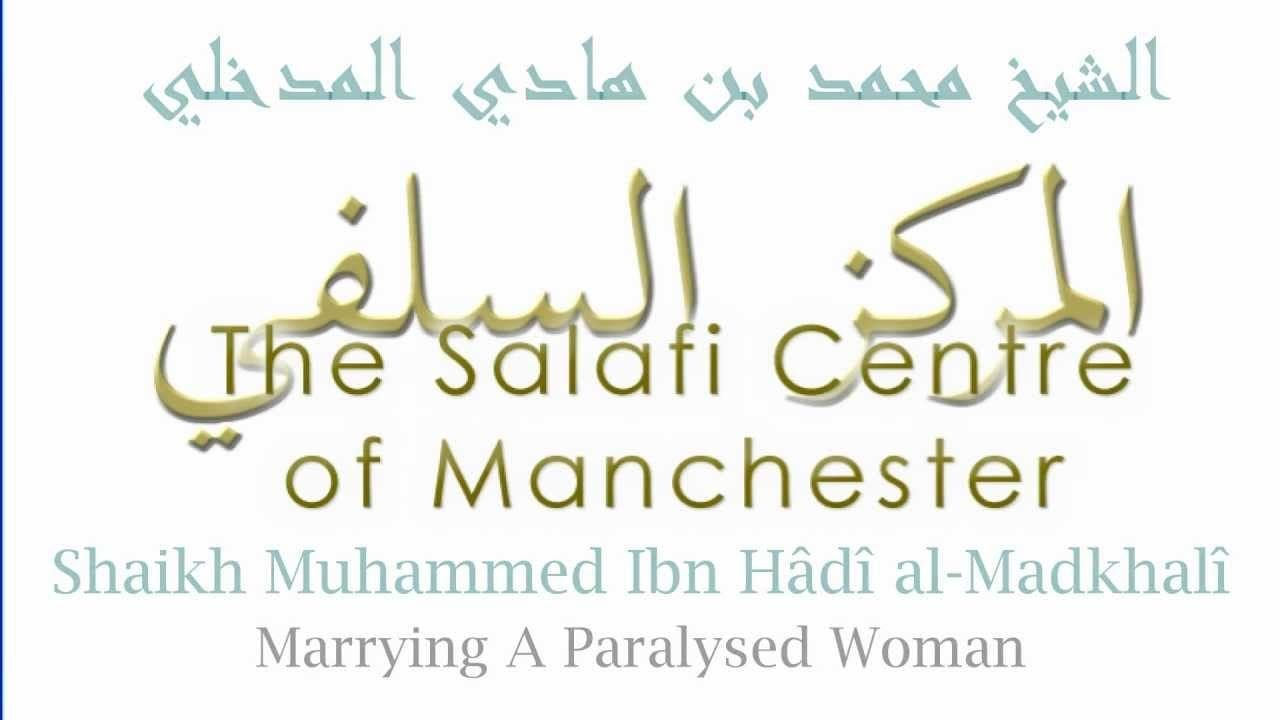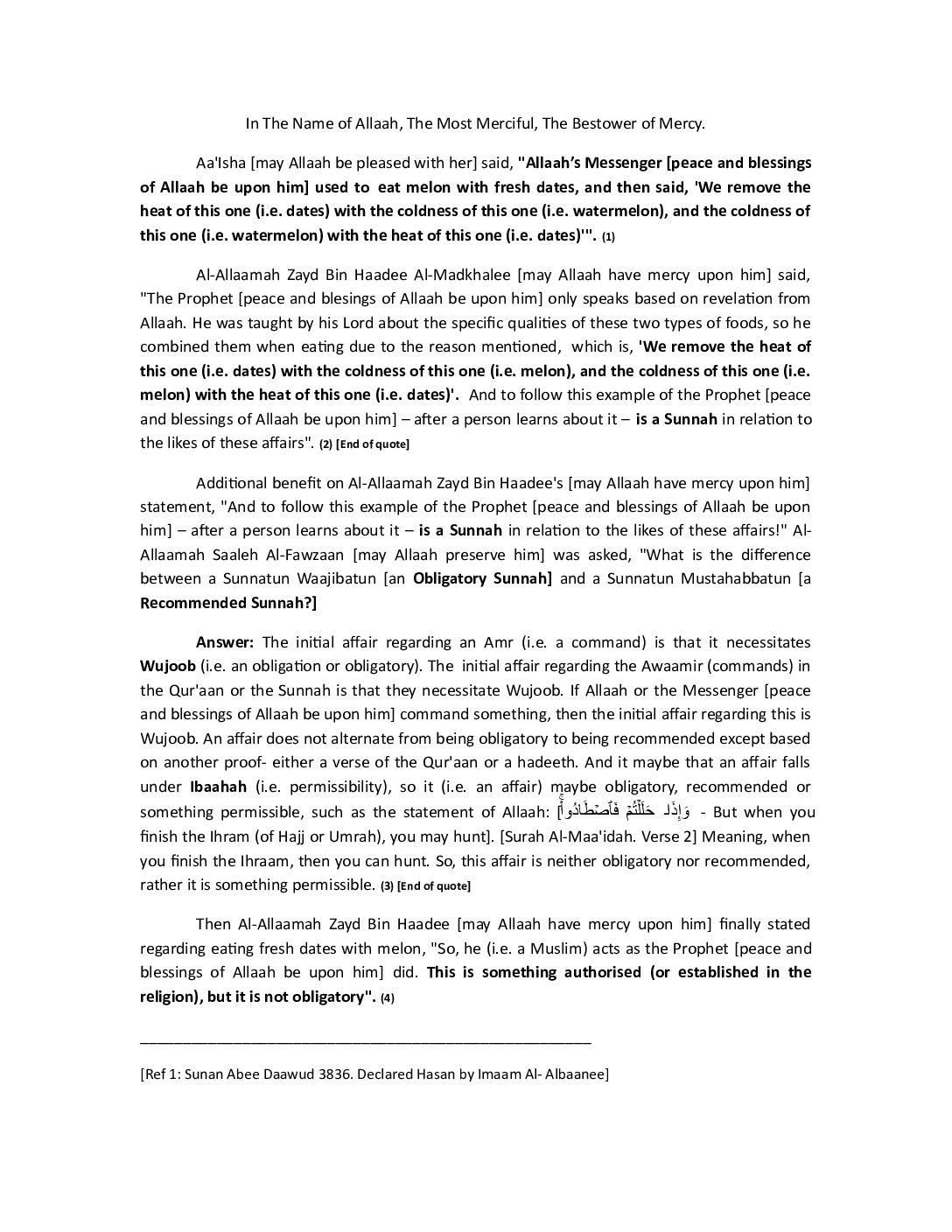Belief that Tawbah is an obligation upon the slaves and repenting to Allah is from the major and minor sins
Belief that repentance is an obligation is obligatory, repentance from sins is an obligation Allah Lofty and Sublime said:
‘And turn to Allah all of you, Oh believers so that you may be successful.’ (An-Noor Verse 31)
And He said:
‘O you who believe! Turn to Allah with sincere repentance! It may be that your Lord will remit from you your sins’ (At-Tahrim Verse 8)
And He said:
‘And whosoever does not repent then they are from the Dhalimoon(wrongdoers etc)’ (Al-Hujraat Verse 11)
Therefore it is obligatory for the Muslim to repent from his sins and from his evil deeds and it is obligatory that he does not continue upon them or commence upon them or that he is negligent with regards to sins, and he says; ‘this is easy’
Do not be negligent with it for it is from the sins, rather hasten with repentance.
The Most High said:
‘And those who, when they have committed Fahishah (illegal sexual intercourse etc.) or wronged themselves with evil, remember Allah and ask forgiveness for their sins; – and none can forgive sins but Allah – And do not persist in what (wrong) they have done, while they know.
For such, the reward is Forgiveness from their Lord, and Gardens with rivers flowing underneath (Paradise), wherein they shall abide forever. How excellent is this reward for the doers (who do righteous deeds according to Allah’s Orders).’ Aal Imraan (Verses 135-136)
Allah commended them and promised them (those who repent)
He said:
‘’Allah accepts only the repentance of those who do evil in ignorance and foolishness and repent soon afterwards; it is they to whom Allah will forgive and Allah is Ever All-Knower, All-Wise.
And of no effect is the repentance of those who continue to do evil deeds until death faces one of them and he says: “Now I repent;” (An-Nisaa Verse 17-18)
When death arrives the repentance is not accepted and if mankind continues to live then his repentance in the presence of death is (furthermore) not accepted, so upon him is to rush to make repentance and not to delay it. As soon as he commits a sin he repents to Allah immediately.
Man is not infallible and errors occur from him, shortcomings occur from him, sins occur from him; however Allah Lofty and Sublime by way of his mercy has opened the door of repentance. He has opened for you the door of repentance and he calls you to it and he has promised you that He will forgive you if you are truthful in your repentance. So much so that if a disbeliever repents to Allah; Allah forgives him (the sin of) disbelief, Shirk, the killing of people and other than that. If he repents to Allah He will forgive him. He said:
‘Say to those who have disbelieved if they cease (from disbelief) their past will be forgiven’ (Al-Anfaal Verse 38)
And in the Hadith:
‘Repentance nullifies that which came before it’ (1)
Therefore the Muslim needs to repent, the Messenger [sallallaahu alaihi wa sallam] use to seek forgiveness and repent to Allah more than a hundred times a day.
He [sallallaahu alaihi wa sallam] said:
‘Oh People! Repent to Allah, verily I repent more than seventy times a day’ (Bukhaari)
His companions (radiallaahu anhum) enumerated that in the gatherings he (sallallaahu alaihi wa sallam) would say more than a hundred times:
‘I seek Allah’s forgiveness,I seek Allah’s forgiveness’ (Abu Dawood, Tirmidhi, Ibn Majah)
And he was the Messenger of Allah he (sallallaahu alaihi wa sallam)!
So how about other than him?!
Therefore we need to repent to Allah the Lofty and Sublime, Man is not infallible sins occur from him, shortcomings occur from him, and mistakes occur from him, so he needs to repent.
And all the praises belong to Allah that He has opened the door of repentance for us and He has promised that He will accept (our repentance) and wipe away our sins.
(1) This Hadith is reported in silsilah da’eefah of Shaykh Al-Albaani however there are several other Hadith with similar meaning such as :
‘’The one who repents from sins is like the one who has no sin’ Ibn Majah Declared Hasan by Shaykh Al Albaani
Source: Shaykh Fawzaan’s Explanation of Sharhus Sunnah of Imaam Barbahaaree Point 170






